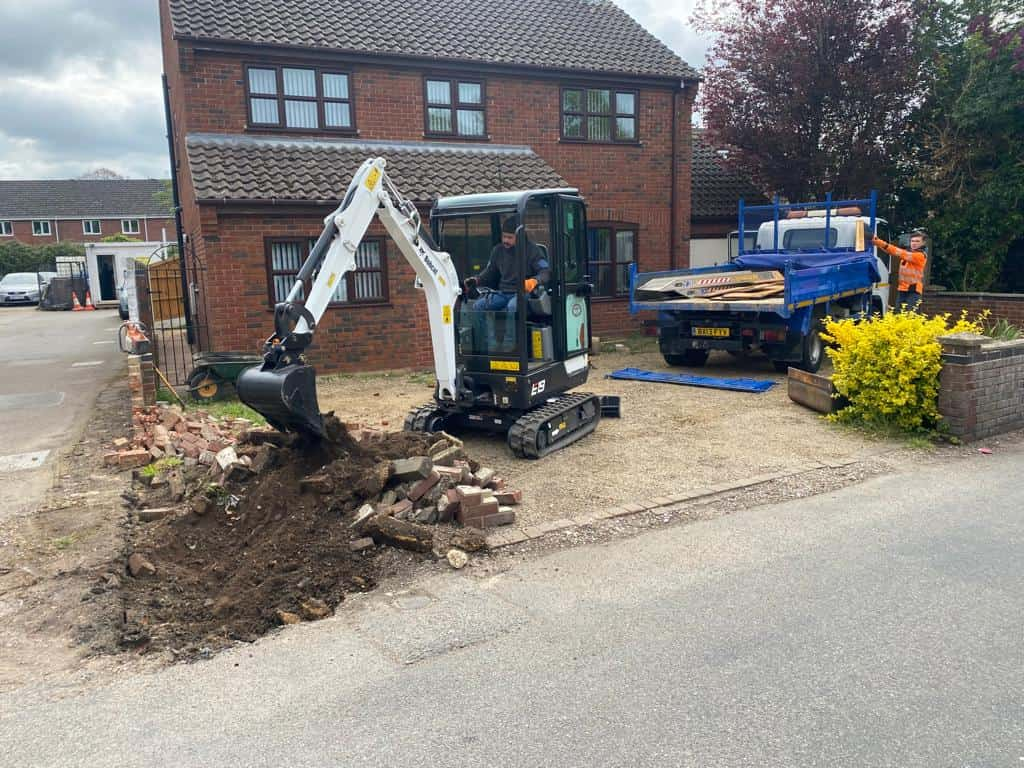Protecting the Earth: Mitigating Soil Compaction and Degradation on Tarmac Farm Roads with Loddon Driveways & Surfacing
Introduction: Tarmac farm roads are essential for providing access to fields, pastures, and farm buildings, but their construction and use can pose challenges to soil health and productivity. Soil compaction and degradation are common issues associated with farm roadways, leading to reduced water infiltration, increased erosion, and diminished crop yields. In this blog post, we’ll explore strategies for mitigating soil compaction and degradation on tarmac farm roads, brought to you by Loddon Driveways & Surfacing.
Understanding Soil Compaction and Degradation
Soil compaction occurs when external forces, such as heavy machinery or vehicle traffic, compress the soil particles, reducing pore space and limiting air and water movement within the soil profile. Compacted soils are less permeable, leading to increased runoff and erosion, reduced root penetration, and impaired soil fertility. Over time, soil compaction can result in soil degradation, negatively impacting agricultural productivity and environmental health.
Strategies for Mitigating Soil Compaction and Degradation
- Proper Road Design: Start by designing farm roads with proper drainage features, including ditches, culverts, and swales, to divert water away from the road surface and prevent pooling and runoff. Incorporate gentle slopes and curves to minimise the risk of erosion and sedimentation and avoid steep grades that can exacerbate soil compaction.
- Use of Permeable Materials: Consider using permeable paving materials, such as porous asphalt or gravel, for farm roads to promote water infiltration and reduce runoff. Permeable surfaces allow rainwater to penetrate the soil, replenishing groundwater supplies and reducing the risk of erosion and sedimentation.
- Reinforced Pavement: Reinforced pavement techniques, such as incorporating geotextiles or grid systems into road construction, can help distribute loads more evenly and reduce the pressure exerted on the soil. These reinforcements improve soil structure and stability, minimising compaction and preserving soil health.
- Regular Maintenance: Implement a schedule for farm roads to address issues such as potholes, cracks, and surface wear. Fill potholes and repair damaged areas promptly to prevent further degradation and maintain a smooth and stable road surface. Regular grading and re-gravelling can also restore soil structure and reduce compaction.
- Vegetative Buffers: Establish vegetative buffers along the edges of farm roads to help filter runoff, reduce erosion, and protect adjacent soil from compaction and degradation. Planting native grasses, shrubs, or trees can stabilise the soil, improve infiltration rates, and provide wildlife habitat, enhancing the ecosystem’s overall health and resilience.
Conclusion: Mitigating soil compaction and degradation on tarmac farm roads is essential for preserving soil health, agricultural productivity, and environmental sustainability. By implementing proper road design, using porous materials, reinforcing pavement, conducting regular maintenance, and establishing vegetative buffers, farmers and contractors can minimise the negative impacts of farm roads on soil quality and ensure the long-term viability of their operations.
Call us on: 01508 505 225
Click here to find out more about Loddon Driveways & Surfacing
Click here to complete our contact form and see how we can help with your driveway needs.

